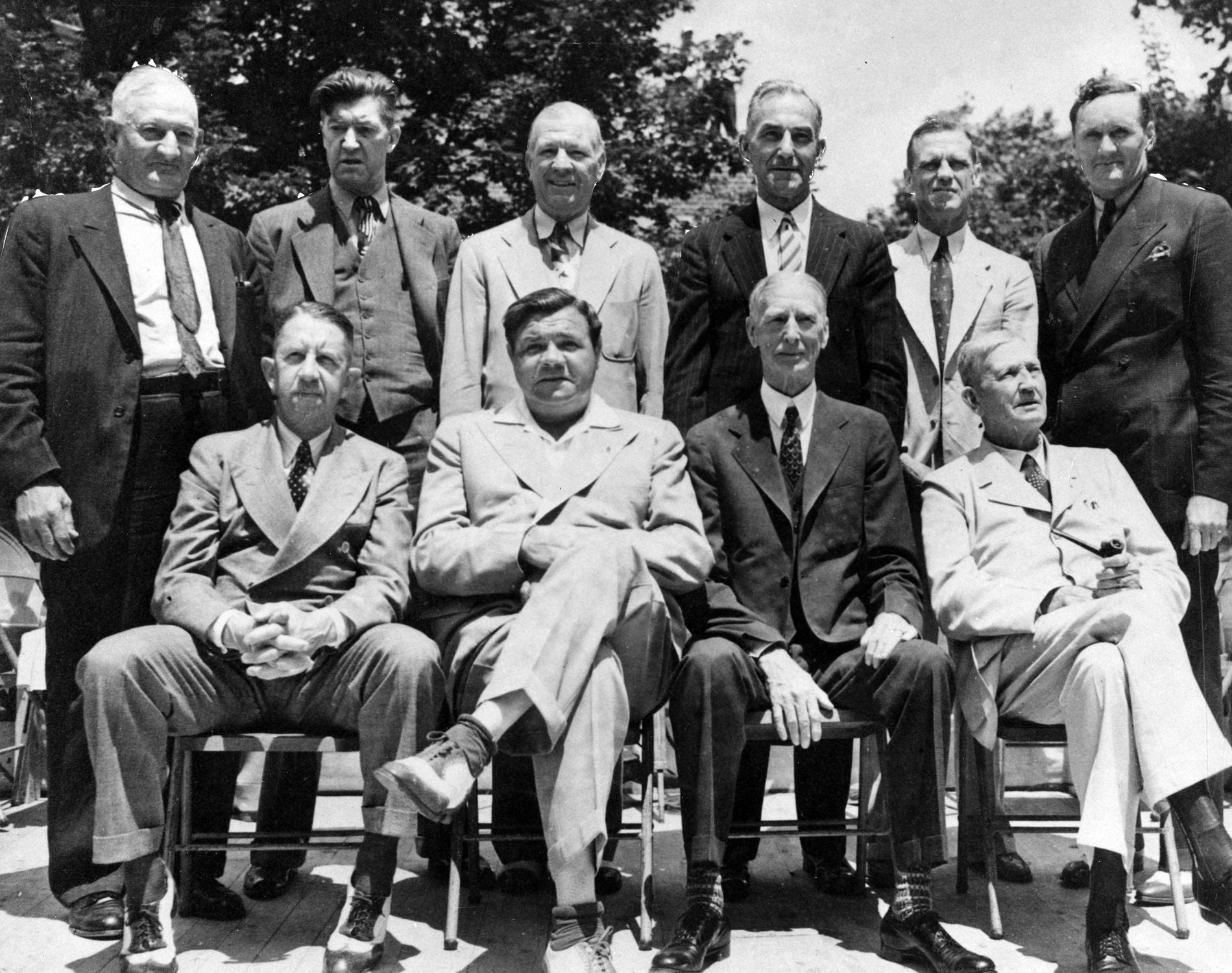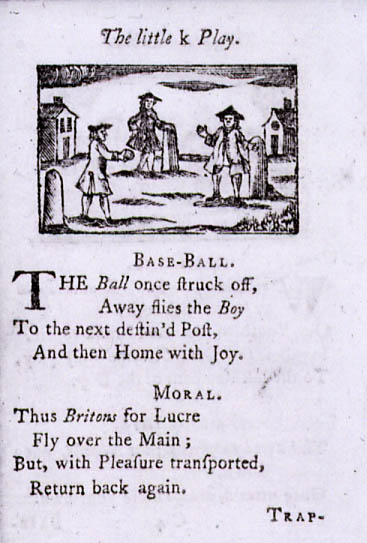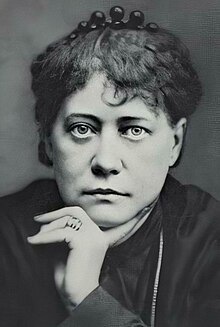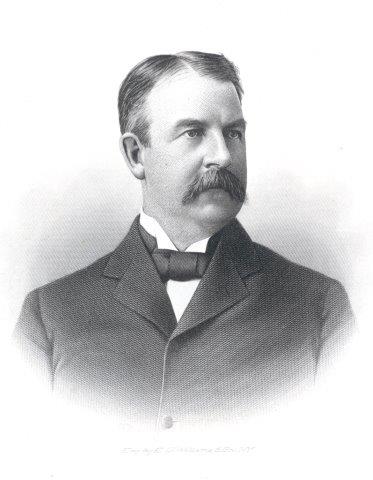Abner was also, according to an official baseball commission finding in 1907, the originator of America's first national pastime, drawing up rules for a contest held in Elihu Phinney's cow pasture in Cooperstown, NY in 1839. It's the reason the Baseball Hall of Fame, which officially opened on the 100th anniversary of Doubleday's game, is located in that bucolic upstate New York town.

(First Hall of Fame induction in 1939; front row L to R; Eddie Collins, Babe Ruth, Connie Mack, Cy Young; standing L to R; Honus Wagner, Pete Alexander, Tris Speaker, Nap Lajoie, George Sisler, Walter Johnson; Ty Cobb arrived too late for the photo)
Of course, Doubleday did not invent baseball, indeed there is no evidence he was even in Cooperstown at the time, though he did have cousins who lived there. The direct lineal ancestor of today's game grew out of the sport played in the New York City area earlier in the 19th century. The American birthplace was urban, not rural.
How, and why, was the Doubleday myth accepted?
Answer: Albert G Spalding
Albert Spalding was one of the stars of early organized baseball in the 1870s, pitching for the Boston Red Stockings of the National Association starting in 1871. Dissatisfied with the loose running rules of the Association, in 1876, Spalding played a key role in organizing the National League. After becoming one of the first players to use a glove he founded the Albert G Spalding sporting goods company, which still exists. Albert proved to be even more of a success as a businessman than as a ballplayer.
 (Spalding as ballplayer, 1870s)
(Spalding as ballplayer, 1870s)To help promote the business, Spalding published the first set of the official rules of baseball and an annual guide to the sport which became the "bible" of baseball. In 1888-9 he put together a team of National League stars to undertake the first world tour to popularize baseball (and his company). In 1900 President McKinley appointed him the US Commissioner for the Summer Olympics.
In 1905 when baseball pioneer Henry Chadwick wrote an article claiming that baseball derived from the English game of rounders, Spalding, as the most powerful man in baseball and an American patriot decided something must be done to establish the American origins of the game. He organized what became known as the Mills Commission, named after the former National League president and close friend of Spalding, Abraham Mills, though for all practical purposes Spalding ran everything.
After announcing the commission and a public plea for information on the origins of baseball, Spalding received a letter from Abner Graves, a mining engineer in Denver, claiming claiming he was present as a child when Abner Doubleday approached a group of boys in Cooperstown with his newly developed rules of baseball back in 1839. The letter is nonsensical and baseball historians have dismissed its accuracy yet it led directly to the 1907 conclusion of the commission establishing baseball's origin with Doubleday in Cooperstown. You can find the full text of the Graves letters here.
It turns out there is a previously unknown connection between Albert Spalding and Abner Doubleday that may explain why Spalding pushed the Cooperstown story. The connection was laid out for the first time in David Block's magisterial opus, Baseball Before We Knew It: A Search For the Roots of the Game (2006). Block traces back the near and distant relatives of baseball to Europe, and England in particular. His hypothesis is that the direct lineal ancestor of baseball is an English game called stool ball which, by the early 1700s had evolved into base ball which was a very rudimentary form of what became today's game. Carried to America by colonists a variant of base ball was played in the encampments of George Washington's Continental Army.
 (from A Little Pretty Pocket Book, published in England (1744), image from Wikipedia)
(from A Little Pretty Pocket Book, published in England (1744), image from Wikipedia)The book also contains a chapter by David's brother Philip regarding his research into Spalding and Doubleday. It turns out both were heavily involved in the Theosophical Society. The Theosophical Society was the first organization in the United States devoted to the study of Eastern (Asian) thought and religion. Founded in 1875 in New York City by Madame Helena Petrovna Blatavsky, who arrived from Russia two years previous, Abner Doubleday served as vice-president and then president of the Society from 1879 to 1884, remaining actively engaged until his death in 1893.
 (Madame Blatavsky; Wikipedia)
(Madame Blatavsky; Wikipedia)Prior to arriving in America, Blatavsky traveled widely, including to India as well as claiming she was sent by The Masters of Ancient Wisdom to Tibet where she was trained to develop her own psychic powers.
The tenets of Theosophy are difficult for me to understand so I'll settle for this excerpt from Wikipedia and let the reader make of it what they will:
One of the central philosophical tenets promoted by the Society was the complex doctrine of The Intelligent Evolution of All Existence, occurring on a cosmic scale, incorporating both the physical and non-physical aspects of the known and unknown Universe, and affecting all of its constituent parts regardless of apparent size or importance. The theory was originally promulgated in the Secret Doctrine, the 1888 magnum opus of Helena Blavatsky.[7] According to this view, humanity's evolution on earth (and beyond) is part of the overall cosmic evolution. It is overseen by a hidden spiritual hierarchy, the so-called Masters of the Ancient Wisdom, whose upper echelons consist of advanced spiritual beings.Interested in spiritual matters from a young age, Doubleday subscribed to the Transcendentalist journal, The Dial, after graduating from West Point. Upon retiring from the army in 1873, Doubleday decided to devote his time to spiritualism. After reading Blatavsky's book Isis Unveiled, which he praise for its "marvelous erudition" and "the most novel explanations given in the work in regard to the psychical and spiritual phenomenon", Abner sought the author out and joined the Theosophical Society. He also continued to pursue his spiritual interests outside the group translating into English two French books on magic and the occult.
Blavatsky portrayed the Theosophical Society as being part of one of many attempts throughout the millennia by this hidden Hierarchy to guide humanity – in concert with the overall intelligent cosmic evolutionary scheme – towards its ultimate, immutable evolutionary objective: the attainment of perfection and the conscious, willing participation in the evolutionary process. These attempts require an earthly infrastructure (such as the Theosophical Society) which she held was ultimately under the inspiration of a number of Mahatmas, members of the Hierarchy.
In addition to the stated objectives, as early as 1889 Blavatsky publicly declared that the purpose of establishing the Society was to prepare humanity for the reception of a World Teacher: according to the Theosophical doctrine described above, a manifested aspect of an advanced spiritual entity (the Maitreya) that periodically appears on Earth in order to direct the evolution of humankind. The mission of these reputedly regularly appearing emissaries is to practically translate, in a way and language understood by contemporary humanity, the knowledge required to propel it to a higher evolutionary stage.
Block notes that Doubleday continued to be a supporter of Madame Blatavsky:
"even after she came under numerous attacks by her enemies, including charges that she fraudulently produced psychic phenomena and allegations of alcoholism and other immoral behavior."In 1880, Blatavsky and the society's co-founder, Henry Steel Olcott moved to India where they became associated with Arya Samaj, a Hindu reform movement. They also visited Ceylon where it is reported they became the first Westerners to officially convert to Buddhism. Blatavsky also created controversy in India being accused of fraud related to her alleged production of paranormal phenomena. In 1885 she returned to Europe where she wrote The Secret Doctrine which she claimed to be a commentary on ancient Tibetan manuscripts. She died in 1891.
When Doubleday died the society's journal noted that the general had "many strange psychical experiences of his own". Harper's Weekly also noticed his interest in the occult in its obituary:
"Since his retirement he has lived quietly at Mendham, New Jersey, writing more or less for magazines on military subjects and studying the occult sciences. He was one of Madame Blatavsky's first converts, and was a firm believer the theosophical theories . . . No one could take with him on this subject without realizing that he was perfectly honest in his faith. Whatever a skeptic might think of the founders of the society, he could not help believing that this old soldier was a genuine Buddhist, and found much consolation in the religion which he had embraced towards the end of his life."Interestingly, Doubleday's funeral cortege was accompanied by a military honor guard from the Lafayette Post of the Grand Army of the Potomac under the command of, none other than, Colonel Abraham Mills, the post commander, National League president, and later chair of the Mills Commission!
 (Spalding)
(Spalding) It turns out that Albert Spalding was also a prominent member of, and major financial contributor to, the Theosophical Society. Spalding became involved in the 1890s through his second wife, Elizabeth, a close aide of Katherine Tingley who had established a Theosophical enclave at Point Loma in San Diego in 1897. Elizabeth had been a disciple of Madame Blatavsky and became close with Tingley, her successor as head of the U.S. Theosophical Society. In fact, when Spalding received Graves's 1905 letter he and his wife had been living for several years in a palatial mansion in the Point Loma community. It must have seemed a ready made solution for Spalding; Graves confirmed the very American birth of baseball, and its originator was a fellow Theosophist!
(Theosophical Society buildings at Point Loma from saveoursandiego)
In his research, Philip Block uncovered a 1905 article in the Loma Point community's weekly newspaper, four months after Spalding received the Graves letter. The article references the Graves letter and, referring to Doubleday, notes:
"It is of interest to note the fact that it is to this stanch Theosophist, well known army officer and author, that the national game of Base Ball owes not only its name, but also in large degree its development from a simpler sport; or indeed, according to some writers, its very invention."Two years later, Spalding, writing from his home at Point Loma, addressed the Mills Commission and endorsed the Doubleday story:
"I am very strongly included to the belief that Cooperstown, N.Y., is the birthplace of the present American game of Base Ball, and that Major General Abner Doubleday was the originator of the game."The Commission, chaired by Spalding and Doubleday's mutual friend Abraham Mills, duly ratified this conclusion.
No comments:
Post a Comment